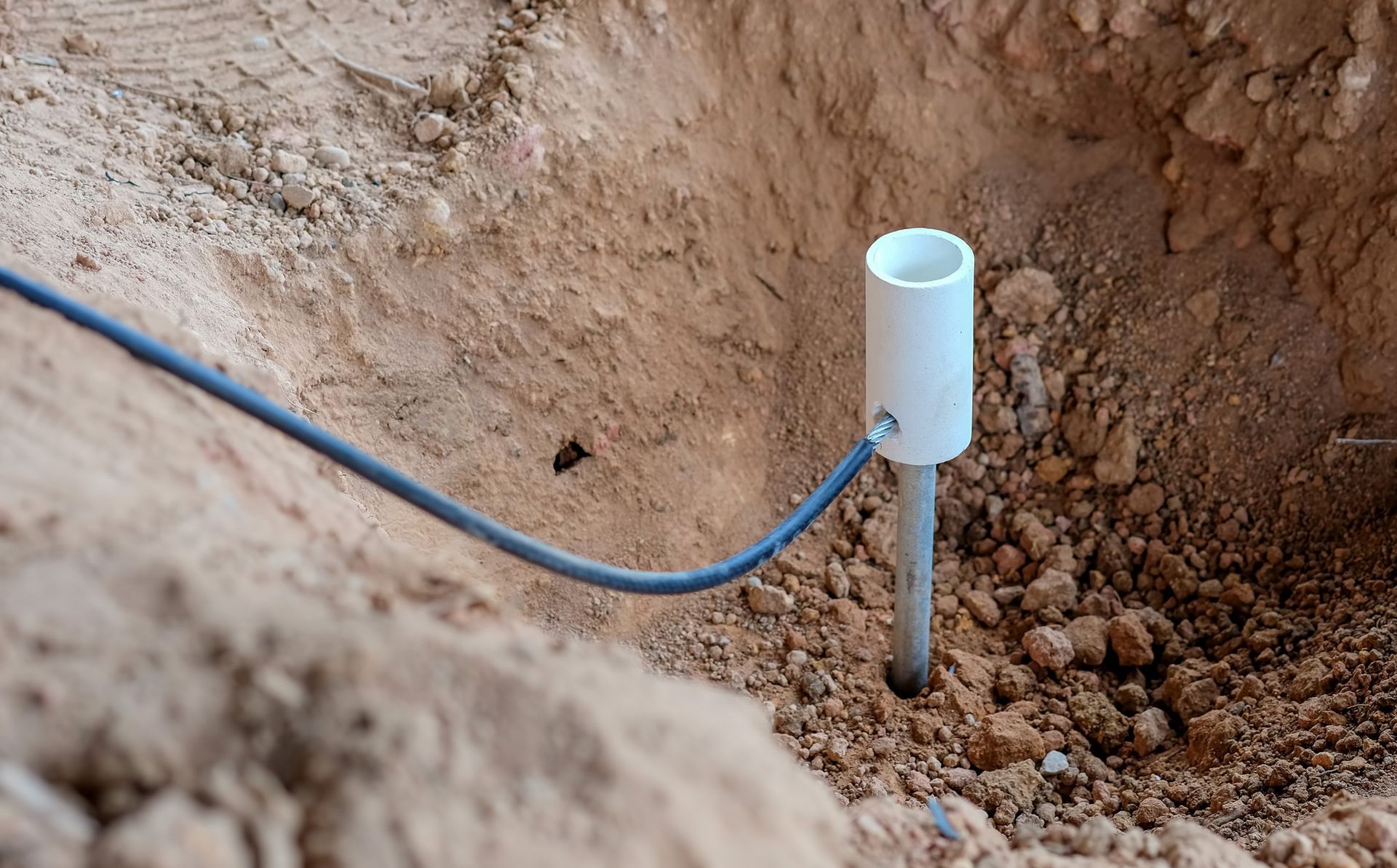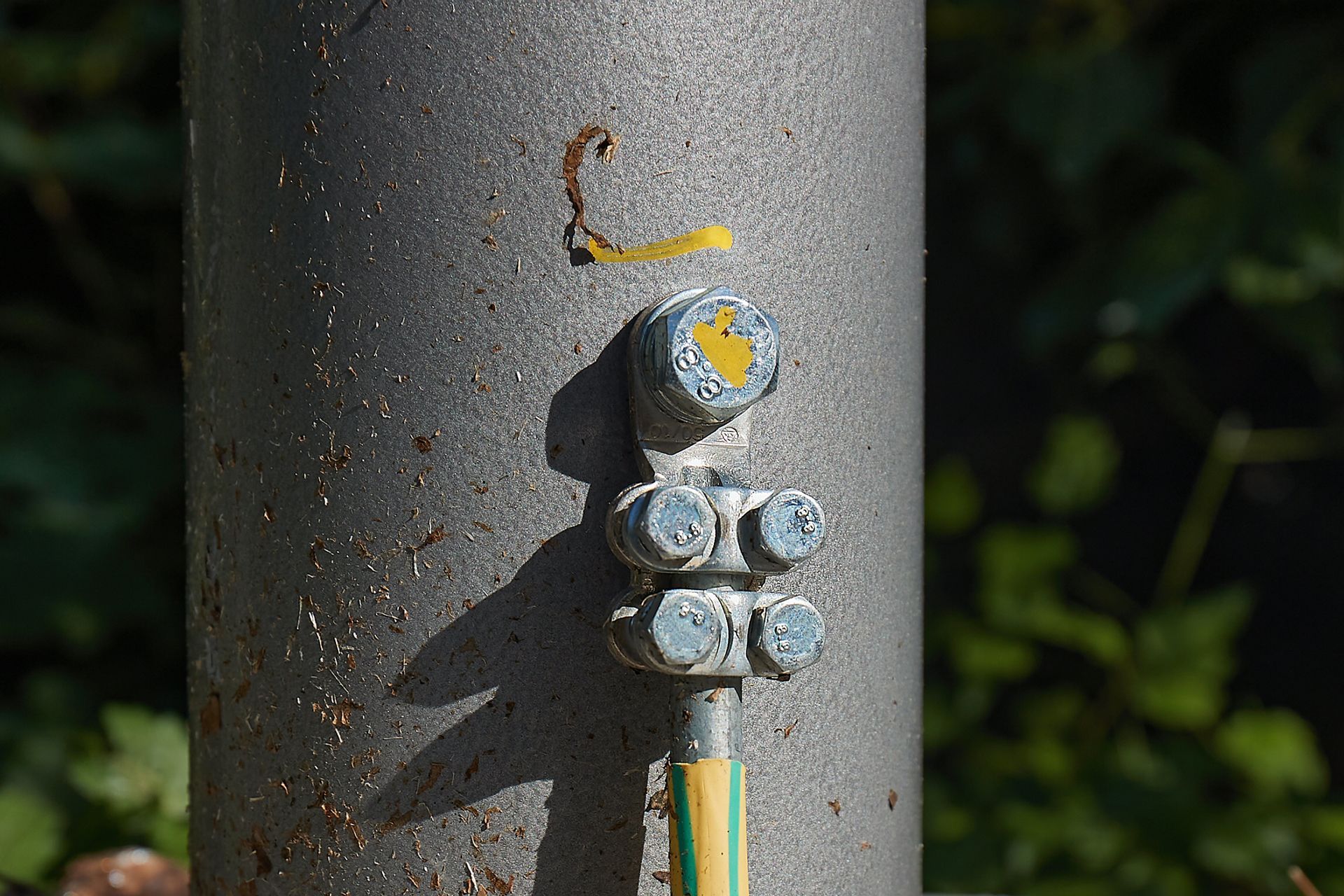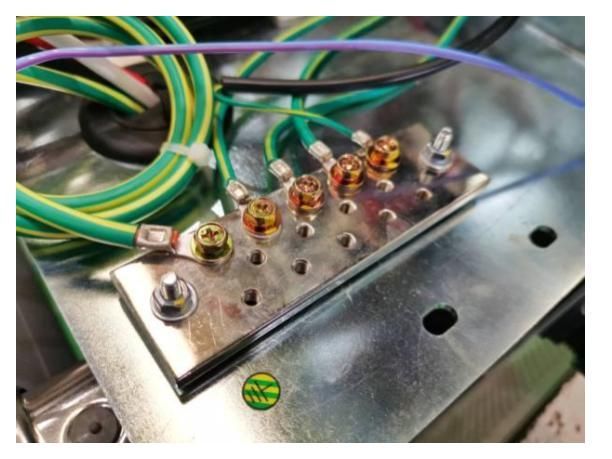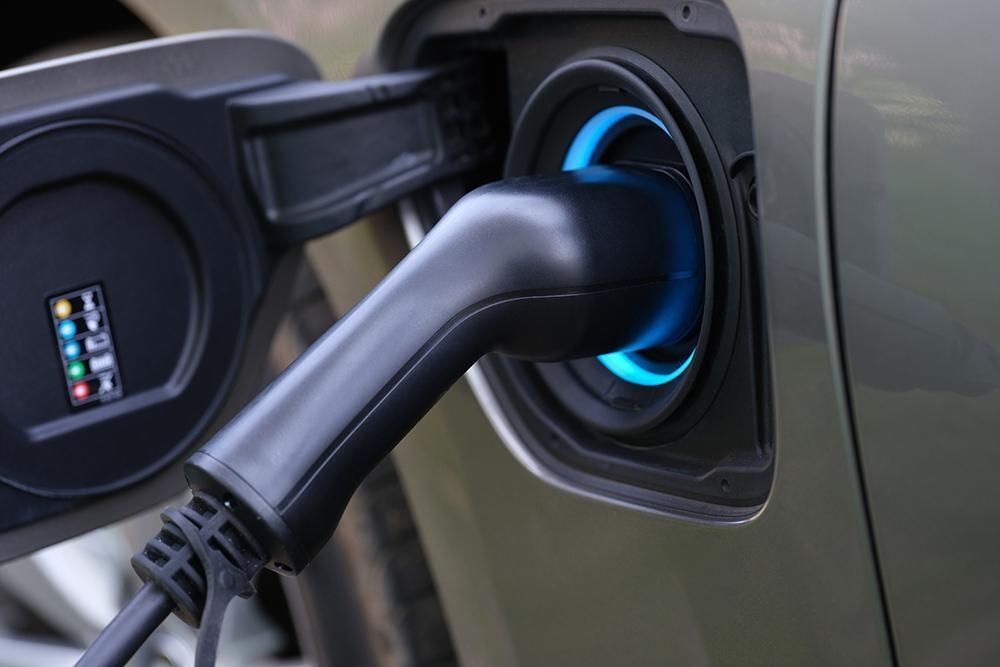Why Does Electricity Need To Be Grounded?
For practically everyone, electricity is a vital resource. Individuals cannot power their electronic devices, heat or cool their homes, or even provide the light they need to perform basic activities like reading without it. That said, electricity is powerful, must be utilized properly, and can be dangerous if not administered correctly. Read on to find out, why does electricity need to be grounded?
Electricity Overview
Most people understand the value of electricity but cannot offer a textbook definition regarding what this crucial energy-providing power actually is.
Every component of the matter is comprised of particles called atoms. The center of these structures contains sub-features known as protons or positive charged particles and neutrons, which are neutrally charged materials. Floating around this center, known in scientific terms as the nucleus, are negatively charged particles called electrons.
Occasionally, however, electrons escape an atom’s orbit and move freely into other avenues until they join forces with existing protons. Charges develop when opposites like positive and negative particles attract. When a significant enough charge is created, various forms of electricity naturally develop or can be utilized.
For most individuals, current electricity is the form of interest. This type of electricity enables charges to flow consistently through the circuits that power devices needing the resource to operate effectively.

Why Does Electricity Go to Ground?
Scientists maintain that electricity often travels to the ground because the earth is rife with positively charged particles. This is especially true when the atmosphere is unstable. When improperly balanced, the air is filled with negatively charged particles called ions. Such a phenomenon is often witnessed during or preceding notable weather events like thunderstorms.
However, scientists suggest that electricity favors the ground for another critical reason. This is known as the path of least resistance principle. It is natural for a resource to travel to a destination with the slightest chance for flow disruption. Though buildings or other large structures can be struck by lightning, the electrical phenomenon prefers the ground because it will encounter the least stress during its trip downward.
Ground Electricity
Many residential properties enjoy the safety of grounded electricity. This safeguard protects the property and those residing inside it from the potentially dangerous consequences produced by excessive electrical charges.
Sometimes, before or during
electrical storms, wiring and circuitry could be exposed to excess electricity. In improperly grounded locations, surplus amounts could pose serious dangers.

What Does a Ground Wire Do?
Fortunately, the installation of ground wires reduces a home’s chances of encountering such perils. Ground wires are firmly entrenched into the earth outside one’s property and are attached to construction outlets and electrical panels. This wiring possesses the strength to absorb excess electrical charge, thus precluding it from penetrating interior locations.
Additionally, ground wires often serve as surge protectors. For example, one might have experienced the unpleasant result of having electrical components, such as a television, computer, or mobile device destroyed during a lightning strike and the electrical surge produced by said events. Surge protectors eliminate the chances of such occurrences.
The Dangers of Improper Grounding
Properties that are not sufficiently grounded place those residing inside said structures at an increased risk for bodily harm and possibly even electrocution.
Excess electricity will use anything in its path to ultimately reach the ground. Ergo, in non-grounded locations, common appliances could serve as conduits. The electricity passing through such apparatuses could charge right through the subjects utilizing them, causing severe bodily harm or death.
Additionally, unchecked charges could result in electrical fires. Such events often spread quickly, are especially challenging to douse, and could result in significant property damage, physical harm, or death.
Ensuring One’s Home Is Safely Grounded
In accordance with the current National Electrical Code, the electrical components inside all residential structures built today must be sufficiently grounded.
That said, it is not uncommon for significantly older homes to lack these critical safeguards. Unfortunately, it is also not rare for those seeking to save appreciable funds during the construction process to overlook these needed precautions conveniently. Therefore, every home or business owner is firmly encouraged to schedule an electrical home safety inspection.
A licensed, trained and experienced electrical services professional will inspect your house to ensure grounding is adequate and properly secure during this process. In addition, they will perform other crucial actions, such as inspecting the electrical panel, examining the effectiveness and safety of switches and outlets, identifying potential shock or electrocution hazards, and determining if all circuits are operating adequately.
Reaching Out to Us
One cannot stress enough that electricity is a powerful resource that should never be taken lightly or for granted. Therefore,
our experienced, community-minded establishment implores all homeowners to undergo a thorough and immediate electrical home safety inspection regardless of how old their home is.
Call Mister Sparky Electrician OKC at (405) 300-0633. America’s On-Time Electrician in Del City, Edmond, Mustang, Oklahoma City, and Yukon services the Oklahoma City area with a team of licensed electricians. In addition to flickering lights, our electrical services provided by Mister Sparky include electrical outlet/switch repair, ceiling fan installation, lighting installation, electrical wiring repair, landscape lighting installation, and home electrical inspections.





